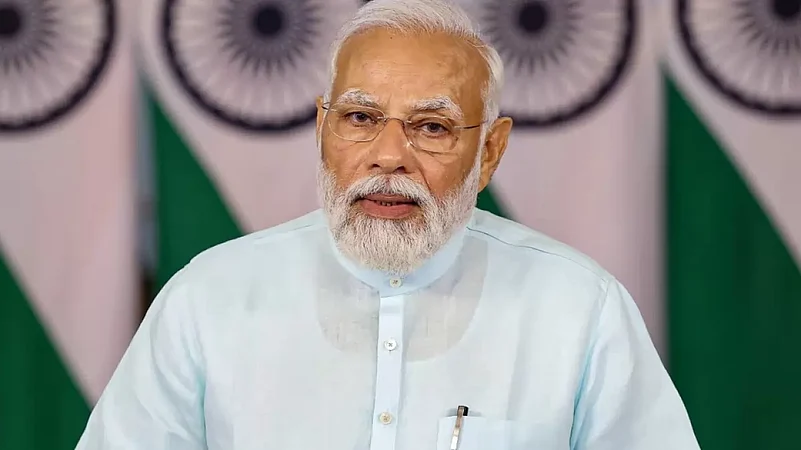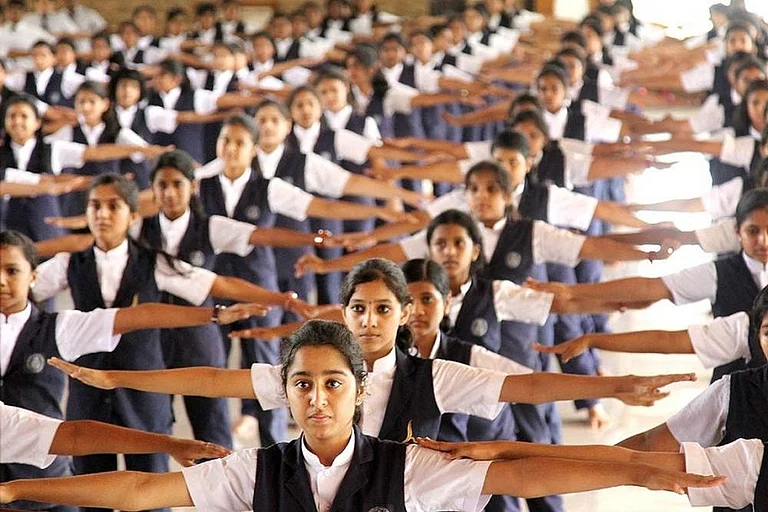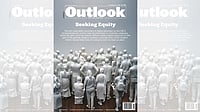In a unique development, Indian Prime Minister Narendra Modi received a comprehensive briefing on the unfolding situation in Russia as President Vladimir Putin faced what he described as an "armed mutiny" by the Wagner group, led by Yevgeny Prigozhin. The mercenary group, however, later retreated following a deal brokered by Belarus.
Sources confirmed that senior officials, including accompanying diplomats well-versed with Russia and its dynamics, briefed Prime Minister Modi during his flight from Washington DC to Cairo. The timing of the briefing coincides with Putin's expected participation in the upcoming virtual summit of the Shanghai Cooperation Organisation, hosted by Modi. The summit, scheduled for July 4, is set to witness the attendance of prominent leaders including China's President Xi Jinping, as well as leaders from Pakistan and other Central Asian countries. Originally planned as an in-person meeting in Delhi, the summit was changed to a virtual format, according to the reports by Indian Express.
While closely monitoring the situation, authorities in New Delhi have refrained from issuing an official statement. However, India views the actions of the Wagner group as indicative of a "war of attrition," characterized by sustained efforts to wear down the Russian army through continuous losses in personnel, equipment, and supplies.
As events unfolded throughout the day, Putin addressed the nation in a televised speech, labeling the situation as a betrayal and explicitly targeting Yevgeny Prigozhin. He stated, "Any internal revolt is a deadly threat to our statehood and our nation. It is a blow to Russia, to our people." Emphasizing the seriousness of the matter, Putin vowed that those involved in the armed mutiny and acts of betrayal would face severe consequences.
In anticipation of potential repercussions, sources reveal that a special counter-terrorist regime has been imposed in the area of Moscow where the Indian embassy is situated. This regime entails strict document verification, telephone conversation monitoring, restrictions on the use of vehicles regardless of ownership, communication limitations, and control over the movement of vehicles and pedestrians. Additionally, the sale of weapons and alcohol has been banned. Sources describe the situation in Moscow as tense, underscoring the need for heightened vigilance.


























